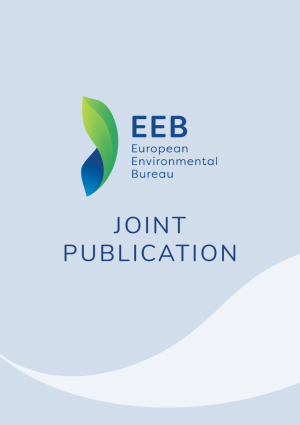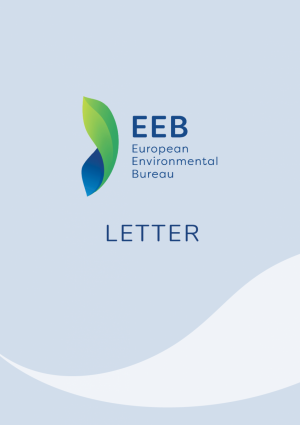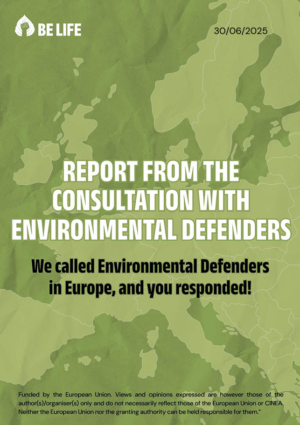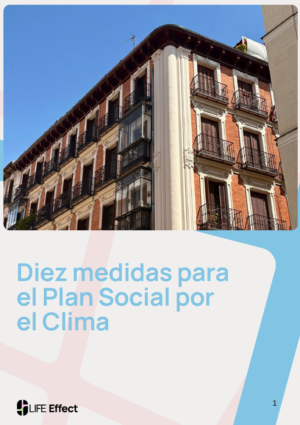
Restoration of the natural connectivity of rivers and natural functions of the related floodplains in the Nature Restoration Law
Freshwater ecosystems are one of the most degraded in Europe. The fitness check of the Water Framework Directive concluded that the main reasons for failure are for a large part connected to insufficient measures to tackle diffuse pollution coming from agriculture, and the hydromorphological changes affecting water bodies. Restoring freshwater ecosystems is therefore a necessity to sustain the natural functions of rivers, lakes and wetlands. Only with healthy, biodiverse water bodies can we allow nature to thrive, ensure clean and sufficient water supply, and resilience to
climate change impacts.
The EU Nature Restoration Law proposed by the European Commission in June 2022 introduces new obligations to restore the health of fresh waters. It sets targets for the restoration of freshwater ecosystems alongside coastal and terrestrial ones. It also sets obligations to remove river barriers. While it is positive and important that the proposal contains a focus on restoring freshwater ecosystems, we strongly believe those targets fall short of the rate and to the extent that is currently needed recognising the significant degradation of our water environment.




